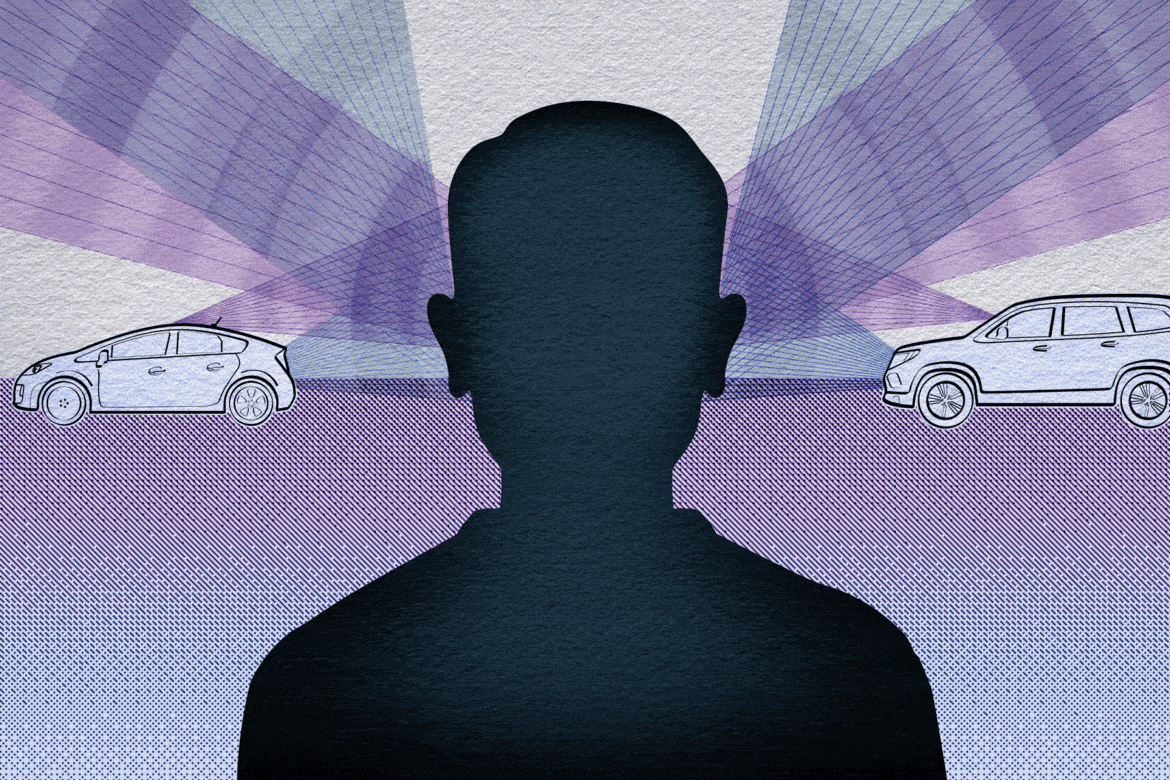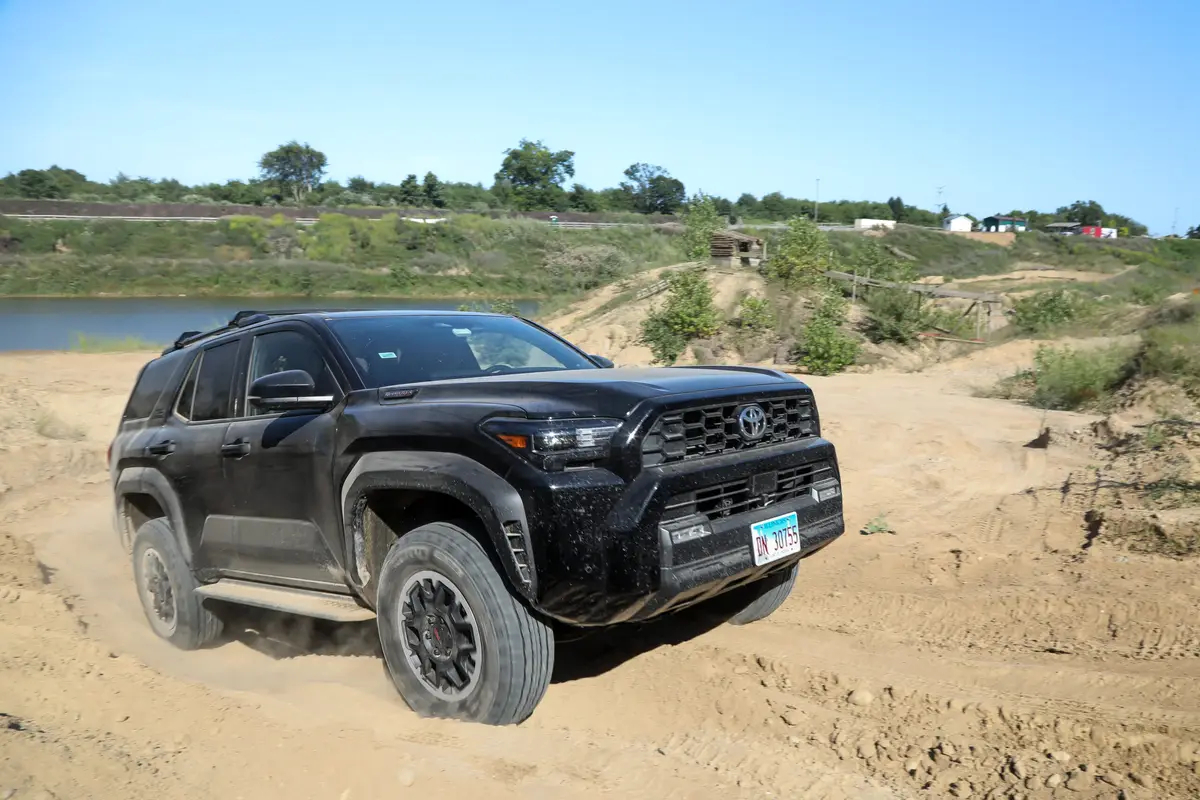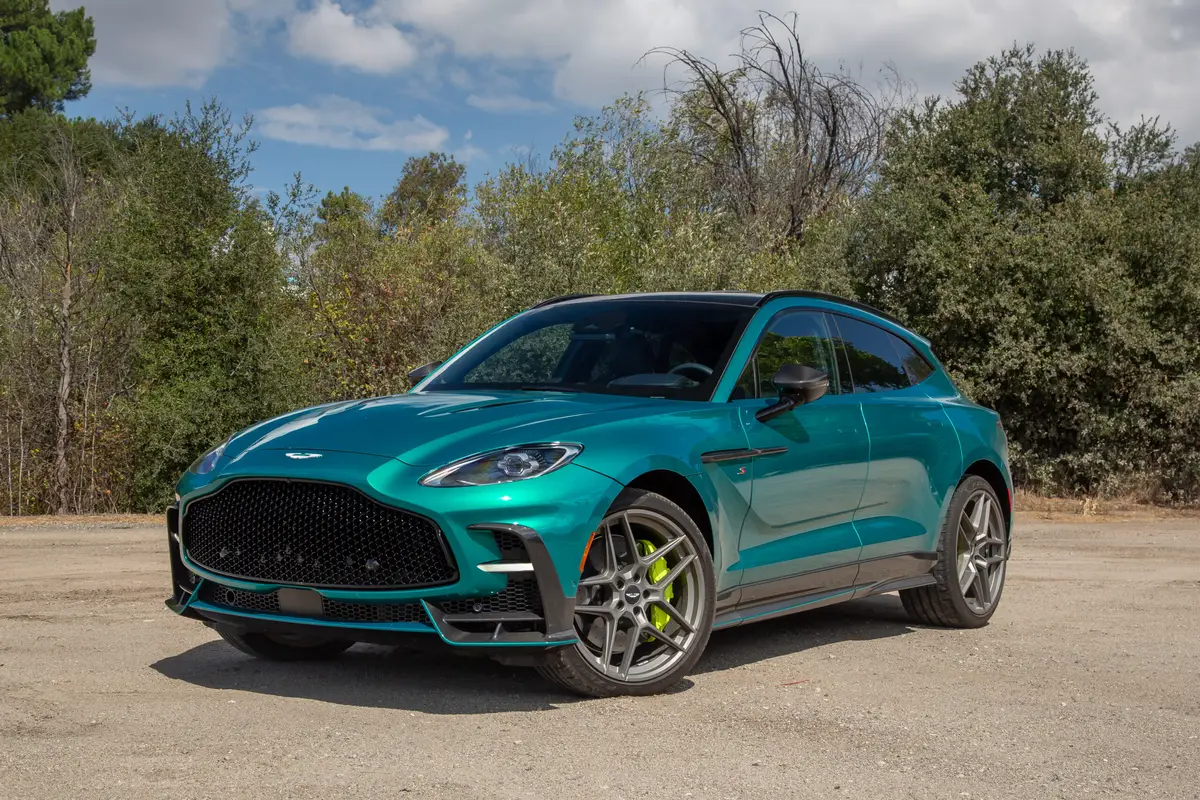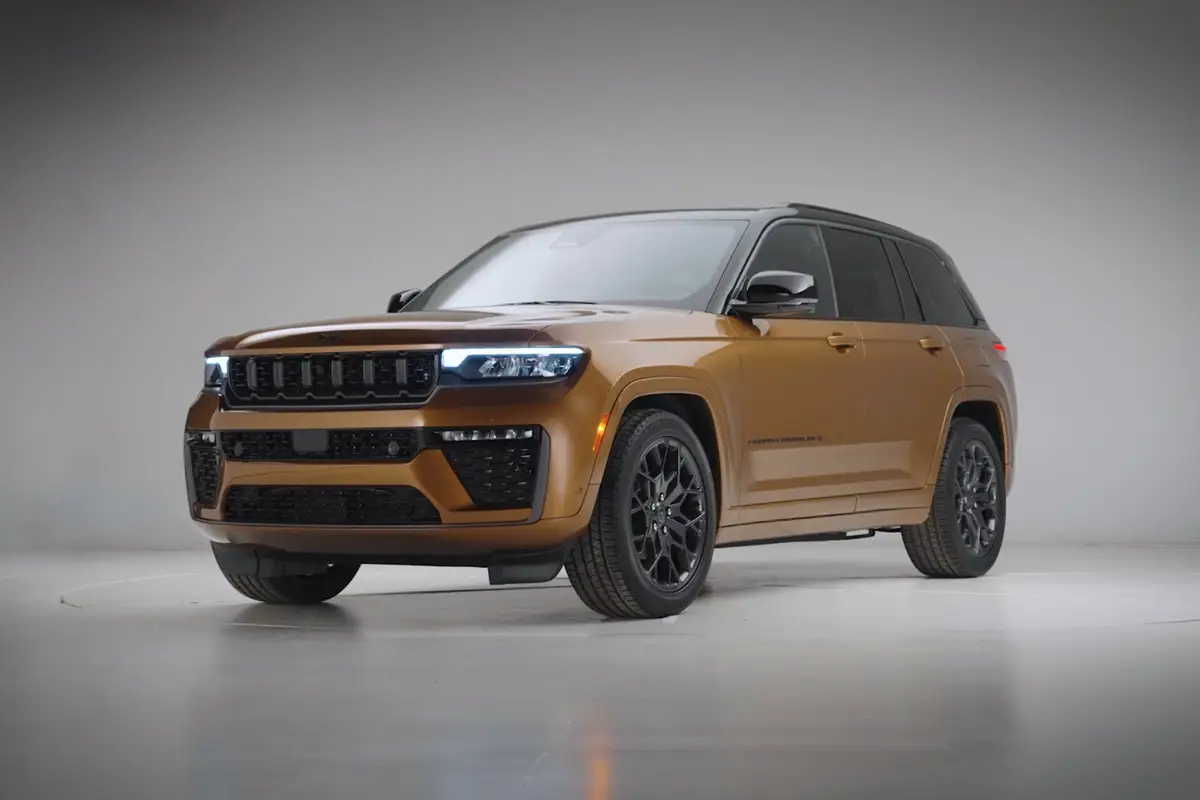For Self-Driving Car Awareness, Most Americans on Autopilot


CARS.COM — Anyone attending an auto or electronics show these days would think that self-driving cars are the talk of the country and we’re all keeping up on the latest technology. Not so according to a new national survey: Sixty percent of Americans say they know little or nothing about autonomous vehicles.
Related: Waymo Orders Way Mo’ Chrysler Pacificas for Self-Driving Ride Service
“There is an information gap. That’s a really high number,” said Michael Ramlet, CEO of Morning Consult, a data and survey research company.
And one that might surprise people involved with the auto or tech industries.
“You kind of get caught in that bubble,” said Ramlet in presenting the results of the mobility survey at Autos 2050, a public policy and auto technology conference last month in Washington, D.C., that was sponsored by the Alliance of Automobile Manufacturers and the not-for-profit Alliance for Transportation Innovation.
“You have Americans not yet engaged,” said Ramlet, adding, “You’ll have a huge opportunity, or a huge lift” to educate them and to build support and acceptance.
We Have Trust Issues
The information gap explains a lot about the survey respondents’ lack of trust for cars that drive themselves: You don’t trust what you don’t know. Some 52 percent say they somewhat or totally distrust autonomous vehicles. There are even higher levels of concern for some specific trust issues, such as technology glitches (79 percent very or somewhat concerned); overall road safety (79 percent); safety of driverless and human-driven cars on the road at the same time (78 percent); and privacy protections for personal data collected by the cars, such as GPS tracking (66 percent).
That’s not so surprising, and not set in stone, said Ramlet.
“As technology evolves, they could trust them,” he said. “This is true of almost any innovative technology.”
In fact, 58 percent say they don’t trust self-driving cars now but could as the technology evolves; that’s versus 36 percent saying they’ll never trust them. There isn’t a real age gap on that, with 61 percent of those ages 18 to 34 willing to change their view, compared with 56 percent of those age 65 and older.
But We Still Expect Self-Driving Cars
Despite the information gap and trust issues, 59 percent of adults expect “the vast majority” of vehicles in the U.S. to be fully or mostly autonomous by 2050, ranging by age from 64 percent of those 18 to 34 to 55 percent of those age 65 and older.
“Even though there is a lot of apprehension and concern, there is a general acceptance as you look out to 2050,” said Ramlet. “It doesn’t have the age slip I probably would have guessed … you’re actually seeing a lot of optimism from 45-plus, 60-plus. I really wonder how much this is tied to the mobility equation and they’re aging to a maybe less mobile environment.”
There is an age gap, though, between those who expect “fully” versus “mostly” autonomous, with younger people more likely to bet on the machine brain versus the human brain. While 22 percent of adults overall expect fully autonomous vehicles with no human elements doing the driving by 2050, that share is 33 percent of adults ages 18-34 and it declines steadily by age to just 14 percent for people age 65 and older.
But aside from those age 18-34, in no other age group was it a majority.
“So the assumption that that steering wheel is going away is not something that the average American shares,” said Ramlet.
Where Do You Put Your Hands?
If the autonomous vehicle is driving, what will the occupants do with their time? Perhaps again reflecting the information gap, 3 in 5 adults say they would be somewhat or very likely to do nothing but operate the vehicle (which again seems to assume the presence of a steering wheel).
“I guess I’m disappointed,” said Ramlet. “I’m not sure what the advantage of autonomy is if you can do nothing but watch it operate.”
When asked about whether they would be somewhat or very likely to do some specific things in an autonomous car, the top two results were things a lot of people already do in non-autonomous cars: eat (59 percent) and make calls (57 percent). Others were:
- Text, 47 percent
- Surf the internet, 45 percent
- Send emails, 43 percent
- Read, 38 percent
- Groom, 34 percent
- Sleep, 29 percent
- Romance(!), 26 percent
- Exercise, 20 percent
I Still Want My Own Car
While there is much talk these days about the death of individual car ownership, just 27 percent of survey respondents said they think car ownership will be unnecessary when you can request a shared autonomous vehicle on demand. But about half at all income levels were less inclined to embrace sharing, agreeing that being able “to get in your own car and go somewhere as soon as you are ready are worth the costs of car ownership.”
The interviews for the Morning Consult survey of 2,201 adults were done Jan. 20-21. The data were weighted to approximate a target sample of adults based on age, race/ethnicity, gender, education and region. The margin of error for the full survey is plus or minus 2 percentage points.
Cars.com’s Editorial department is your source for automotive news and reviews. In line with Cars.com’s long-standing ethics policy, editors and reviewers don’t accept gifts or free trips from automakers. The Editorial department is independent of Cars.com’s advertising, sales and sponsored content departments.

Former D.C. Bureau Chief Fred Meier, who lives every day with Washington gridlock, has an un-American love of small wagons and hatchbacks.
Featured stories


2026 Aston Martin DBX S Review: Excellence in (DB)X S


